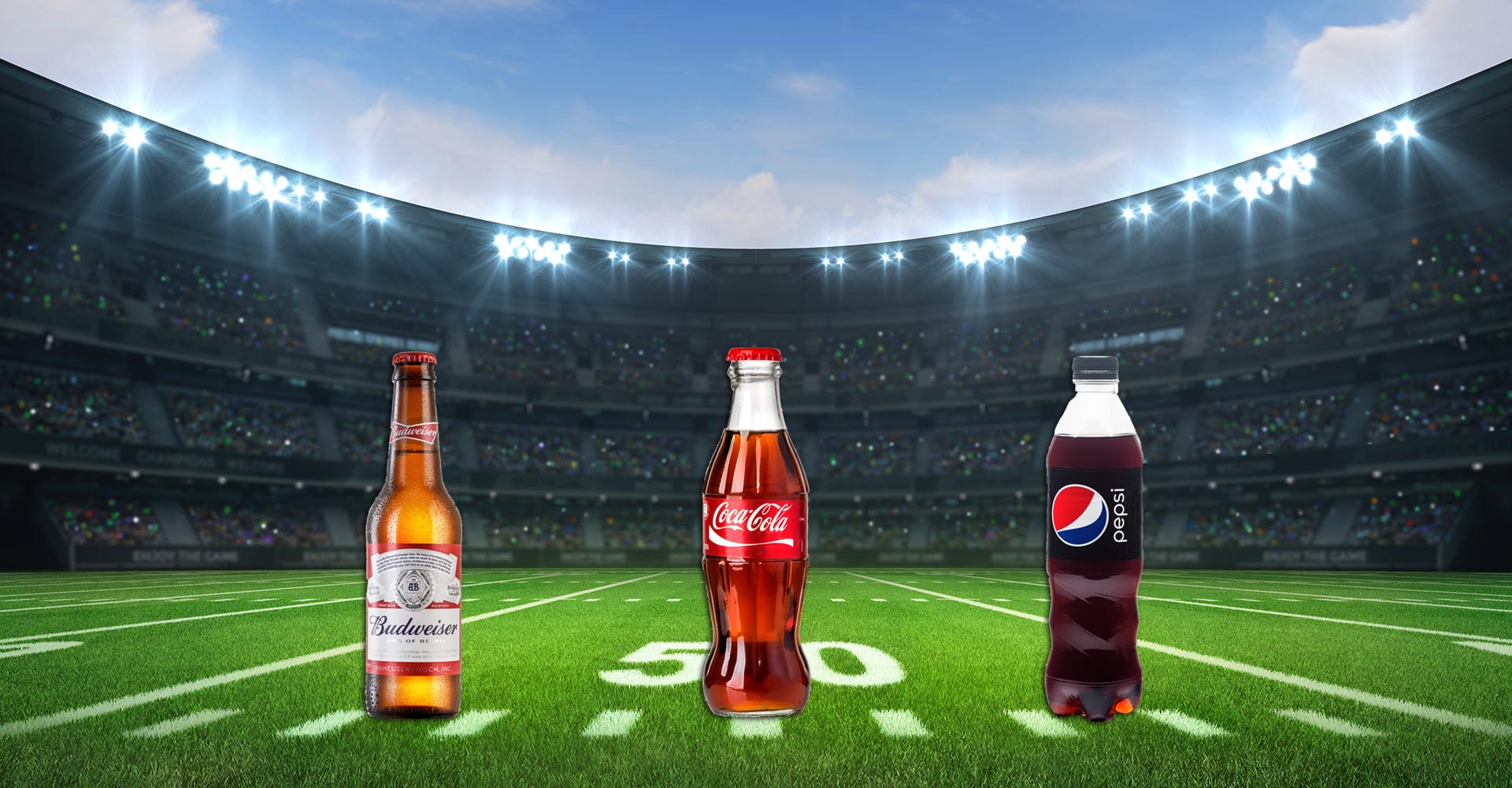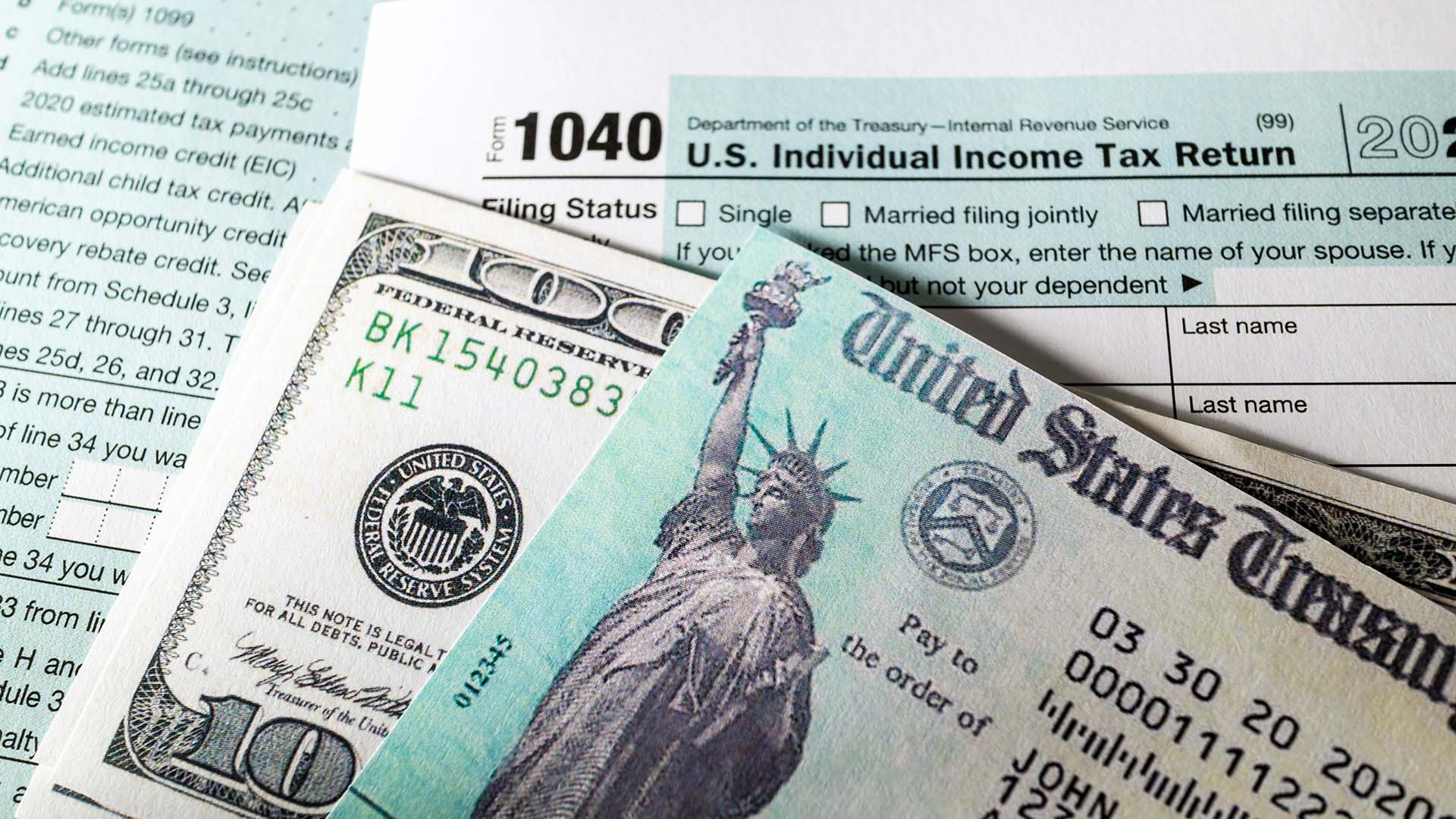Big brands are passing on Super Bowl ads. Here’s why
Budweiser, Coke, Pepsi, Ford and Hyundai are among the recognizable brands sitting out the big game this year.

The Super Bowl might feel a bit different this year.
Sure, some of the NFL’s biggest names (including superstars Tom Brady and Patrick Mahomes) will be on the field. But these days, the Super Bowl is almost as famous for its ads as the game itself. And a surprising number of major players – including Budweiser, Coke, Pepsi, Hyundai, Ford and Olay – are taking a pass on Super Bowl LV.
RED turned to Darrin Duber-Smith, marketing professor at Metropolitan State University of Denver, to learn more about the changing landscape of advertising in sports when Covid-19, company losses and a fraught political climate have shaken up this central fixture in the TV calendar.
How important is the Super Bowl, generally, to advertisers?
Duber-Smith: There is no questioning the value of reaching 105 million people under relatively “high involvement” circumstances. And that’s especially true this year, when almost all Bowl-watchers won’t be in a social setting. (All the better for advertisers, who crave your absolute attention.) From a marketing standpoint, there is no better platform from which to launch your creative ad campaign for the year.
So why are so many companies skipping the event this year?
Duber-Smith: Several major players won’t be running in-game ads this year, and it’s easy to see why. Covid-19 has upended everything. Many companies have lost a lot of money, and messaging has also become more difficult. The social-media environment, in particular, is very turbulent. And some companies are opting to just say nothing at a time when they would otherwise feel pressure to take positions on social issues, which in turn might alienate a large portion of their audience.
Did some brands just decide a Super Bowl ad was not good business this year?
Duber-Smith: Probably. Coke, for example, has been hit particularly hard by the pandemic, which has had a brutal impact on away-from-home sales. And with revenue down 13% in 2020, it’s a fair guess the company decided that spending $5.5 million (this year’s cost) for a 30-second commercial would not be money well spent.
But I also firmly believe in Pavlovian classical conditioning, which suggests it’s unwise to pair your brand with something negative because of the principles of associative learning. Producing an ad just now makes little sense if you think there’s the slightest risk that people’s negative feelings about the pandemic could transfer onto your brand.
Explain what Budweiser is doing this year.
Duber-Smith: Budweiser recently announced it would not be running a Super Bowl commercial for the first time in 37 years. Instead, the company has released a digital ad that celebrates Americans’ resilience during the pandemic. But here’s the good part: They’re also using this ad to prominently publicize how they’re spending some of their usual Super Bowl ad budget to support awareness of the Covid-19 vaccine.
Sounds inspiring. But Isn’t this just a business decision to protect a valuable brand at a tricky time?
Duber-Smith: Yes, of course. Redirecting the Budweiser ad funds in such a meaningful way was unquestionably a clever move, which has gained lots of positive coverage. And bear in mind that Anheuser-Busch – which owns Budweiser – has no real plans to actually sit out the Super Bowl this year. The company will still be running numerous in-game ads for several of its other brands – including Michelob Ultra, Bud Light and Bud Light Seltzer Lemonade.
It also helps that Anheuser-Busch has an exclusive arrangement with the NFL to only run its beer ads during the Super Bowl. So as long as they don’t blow the creative side of their other beer ads, they will still rule the roost. Having said that, provided they do genuinely spend the diverted Budweiser money in an authentic manner, this is still a positive move. It is possible to both look good and do good.
How much value is there in presenting such an altruistic view of your company?
Duber-Smith: Promoting a sense of social responsibility has been a core corporate imperative for 20 years and can really help organizations – again, providing they set measurable objectives and demonstrably help their chosen cause.
However, in recent years, the whole notion of social responsibility has become highly politicized, so these strategies are now also charged with risk. The nation is polarized, and so are its customers. That means companies need to be very careful to find issues that aren’t controversial and which haven’t previously been used as a political football.
There have been many Covid marketing snafus lately – will we see more?
Duber-Smith: There have been too many violators to count in the past year. But on the whole, I’d say any ad that over-addresses the pandemic or focuses too heavily on negative topics might justifiably find itself in trouble. Just don’t pander to people.
Striking the right tone in a Super Bowl ad can feel like walking a tightrope over shark-infested waters at the best of times. Every year, a few unlucky ads are pilloried for being tone-deaf, not funny enough or too patronizing. Obviously, trying to walk that messaging high wire in the middle of a pandemic is an even riskier pursuit, so advertisers will need to demonstrate a bit of common sense.
Will this be a dud year for Super Bowl ads?
Duber-Smith: Given the pandemic and current divisive political climate, I think few companies are likely to take big creative risks. But after a decade filled with too many overly preachy and often-depressing ads, let’s just hope the new ones can manage to be humorous and uplifting without being overbearing. Especially this year, advertisers should really try not to bring down the mood of their 105 million viewers, many of whom are already feeling bad enough.
What would you recommend they should do?
Duber-Smith: Remember: This is an entertainment event, where appealing to any emotions other than humor and positivity could be a risky proposition. Do people watching the game really want to be preached to? Is this the best time for that? And what does your chosen social, political or environmental “issue” really have to do with your product? It’s high time that many advertisers rethought their approach. The key thing is just to make sure your ad says something good about your product without distracting – or even angering – your customers. It’s that simple.







